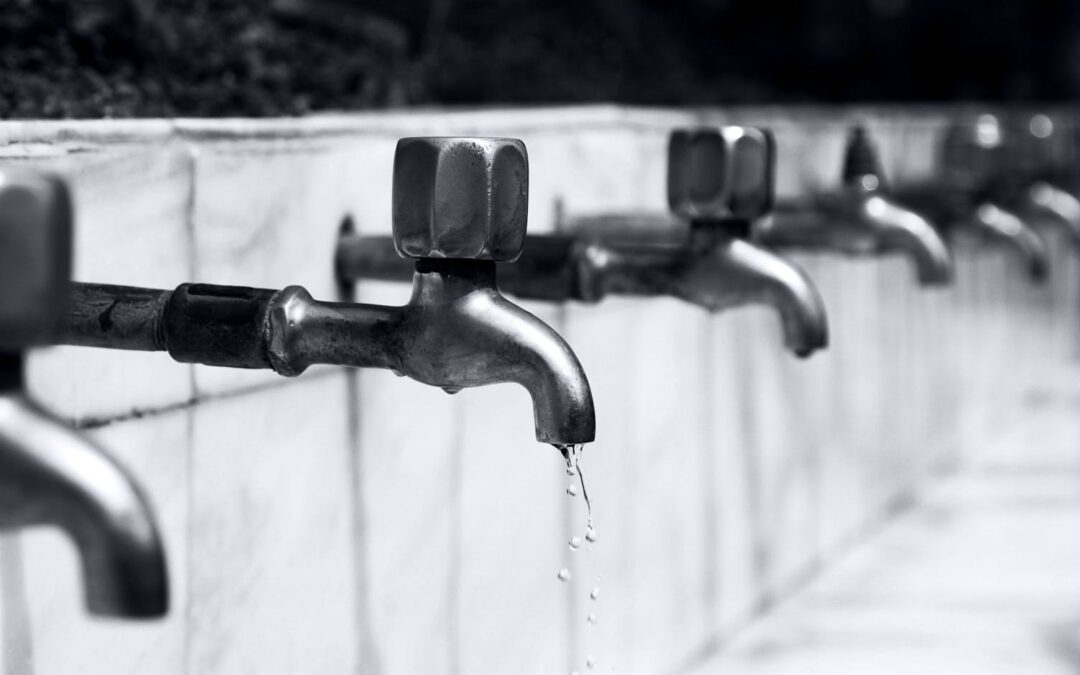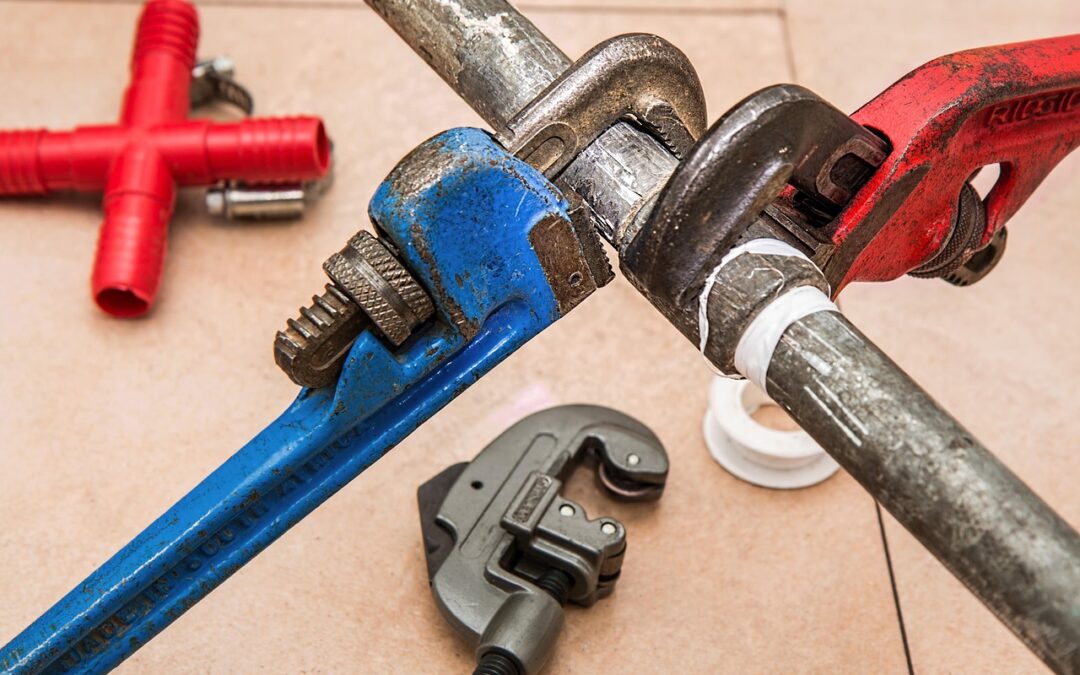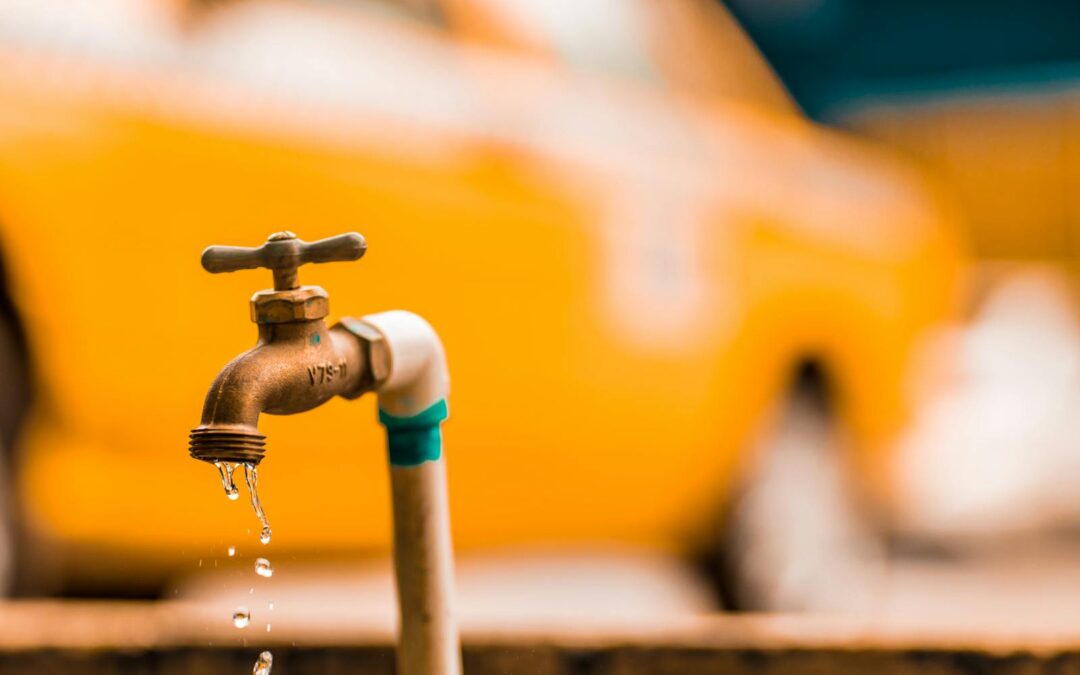We all know that keeping a hot water heater is important, especially in the colder months. But what many homeowners don’t know is that there are different types of hot water heaters. One of such is the electric water heater.
This blog post will explain everything you need to know about electric water heaters so you can make an informed decision about which type is best for your home. Stay warm!
What Is An Electric Water Heater?

Schedule Service Online
Get a free estimate so you know what you're signing up for
"*" indicates required fields
For Emergency Services Call: 410-255-9300
Electric water heaters are home appliances that use electricity to generate warmth in the water that will be used throughout the household. Electric models don’t always have a tank, can either be centrally or at the point of use and often utilize hybrid or pump systems that concentrate existing warmth from the air into its targeted area–the water. Additionally, electric models tend to be more energy-efficient overall.
The three most prevalent types of electric water heaters are:
Conventional: A conventional electric water heater tank uses heating elements to heat the water inside of it. The size of the tank determines how much hot water you have available. The water is kept heated at all times in this traditional format.
Tankless: Tankless water heaters are a more efficient way to heat your water, using super-heated electric coils only when needed. These can be centrally located or placed near where the water will be used.
Hybrid: The hybrid electric water heater, or a heat pump water heater, is an innovative technology that not only provides hot water but does so with greater energy efficiency. While most conventional and tankless water heaters use a heating element, a hybrid electric water heater pulls heat from the surrounding air and ground into the liquid to raise the temperature of the water.
This technology increases your water heater’s energy efficiency by not having to use electricity to power the heating element. Instead, it uses ambient heat, so the appliance requires less overall energy to get your home hot water and can do so more consistently. By using a hybrid heat-pump water heater, you can use up to 60% less electricity than with other types of water heaters. This will result in large cost savings down the road.
Main Components Of Electric Water Heaters

Now that you know what electric water heaters are, let’s take a look at what components make up a standard electric water heater. The main components of an electric water heater include:
The Tank: This is the main storage vessel that stores hot and cold water. It usually has an insulation layer on the sides and bottom that helps keep water warm for a longer period.
Heating Elements: This is what allows electricity to heat the water stored inside the tank. It is what heats up cold water before it comes out of your tap. The most common type of heating element used in electric water heaters is the Calrod element.
Thermostats: A thermostat regulates the temperature of the water inside the tank. It will turn off when it reaches a certain level, preventing water from getting too hot. Thermostats regulate the appliances by sensing the temperature of a physical system and perform actions so that the system’s temperature is regulated near a desired setpoint.
Pressure Relief Valve: This releases excess pressure from the tank, thus protecting you and your electric hot water heater from any possible explosion.
Cold Water Inlet: A cold water inlet is what allows cold water to enter the tank. The inlet is usually located at the top of the tank and helps regulate water pressure, so it doesn’t become too high.
Hot Water Inlet: For the hot water inlet, it is what allows hot water to exit the tank and be used. It usually has a shut-off valve that regulates the flow of hot water coming out of the tank.
Anode Rod: The anode rod is what prevents the tank from rusting due to the presence of minerals in the water. It is what helps reduce maintenance costs and increase the lifespan of your electric water heater.
All electric water heaters have these components, and understanding what these are is key to troubleshooting problems with your electric water heater.
How Electric Water Heaters Work
Electric water heaters use electricity to heat and maintain a constant temperature of hot water stored in the tank. It is what keeps the same level of hot water available for you, no matter how much you need it. A standard electric water heater system will include the following:
Electrical Connections
The electric water heater starts and stops operation when it gets electricity. To power the heating element and other components, you will need to ensure your electric water heater is connected properly to a standard 120V or 240V power outlet, depending on your type of electric water heater.
Cold Water Delivery
Cold water enters through the cold water inlet and dip tube to ensure that cold water is delivered to the bottom of the tank. This helps ensure that hot and cold water are not mixed, thus preventing any temperature fluctuations in your hot water supply.
Water Heating And Temperature Control
The heating element is what heats the water in the tank, thus providing hot water when you need it. The thermostat helps regulate this process and turns on and off as needed to maintain a consistent hot water temperature.
Safety Elements
The safety elements of an electric water heater include the pressure relief valve, which releases any excess pressure that builds up in the tank. The anode rod prevents corrosion of the tank walls due to minerals present in the water, thus increasing the lifespan of your electric water heater.
These safety elements protect users from any potential dangers when using electric water heaters.
Troubleshooting Problems With Electric Water Heaters
Electric water heaters can have problems due to wear and tear or improper installation. If you experience any issues, it is important to find the problem before attempting to troubleshoot it yourself. Here are some common problems that can occur with electric water heaters and how to troubleshoot them:
Leaking Water
This is usually caused by a worn-out or damaged gasket, which can be replaced easily. You may also need to check the pressure relief valve for any debris or blockage, as this can cause excess pressure and lead to leakage.
Cold Or Lukewarm Water
This can be caused by a faulty heating element, which needs to be replaced if it cannot produce enough heat. You may also need to ensure that the pressure relief valve is not stuck open, as this will cause cold water to enter the hot water tank and stop any hot water production.
Noisy Tank
This can be caused by sediment build-up on the bottom of the tank, which needs to be cleared out. You can also check that all electrical connections are secure and that no debris is blocking the flow of water in and out of the tank.
Rust-Colored Water
This is usually caused by corrosion inside the tank due to age or hard water. You should replace the anode rod and flush out the tank with a solution of vinegar and water to get rid of any built-up sediment.
How To Fix Electric Water Heaters
Once you have identified the problems with your electric water heater, you can fix them by:
Replacing Any Worn-out Or Damaged Components
You should replace any damaged gasket, heating element, and pressure relief valve by getting the correct parts from a hardware store.
Cleaning Any Debris From Components
Also, clear any debris or blockage from the pressure relief valve, as this can cause problems with your electric water heater.
Check All Electrical Connections
Electric water heaters may develop problems due to loose connections. Make sure all electrical connections are secure to prevent any potential problems from occurring. You should also check the breaker box and circuit breaker to see if they has any issues. If the electrical issues seem complex, consult a professional who specializes in electric water heater repair.
Consult A Professional Plumbing Service
If you are experiencing any issues with your water heater, it is best to consult a professional plumbing service. A qualified water heater plumber can identify the problem and provide the necessary repairs to ensure that your electric water heater functions correctly.
By addressing the above issues, you can effectively troubleshoot and repair your water heater. With proper maintenance and regular servicing, you can ensure that your electric water heater operates safely and efficiently for years to come.
For Prevention Of Issues, Buy A Good Water Heater
By buying or switching to a qualified water heater today, you can make sure that your home’s hot water needs are taken care of for years to come. Look for a unit with an Energy Star label, as this means it is built to be energy efficient.
The Best Plumbing Service

If you are experiencing problems with your electric water heater or other plumbing issues, we are here to help! We are plumbing professionals who have provided reliable sewer and plumbing services in Pasadena, Glen Burnie, Linthicum, Annapolis, Baltimore, and surrounding areas since 1985.
We have the latest tools and equipment to handle any repair or maintenance job. And our team of highly skilled and licensed professional plumbers is always available to offer 24/7 emergency service for our wonderful clients. Kindly contact us today for all your plumbing needs and access amazing discounts on our already affordable services.




